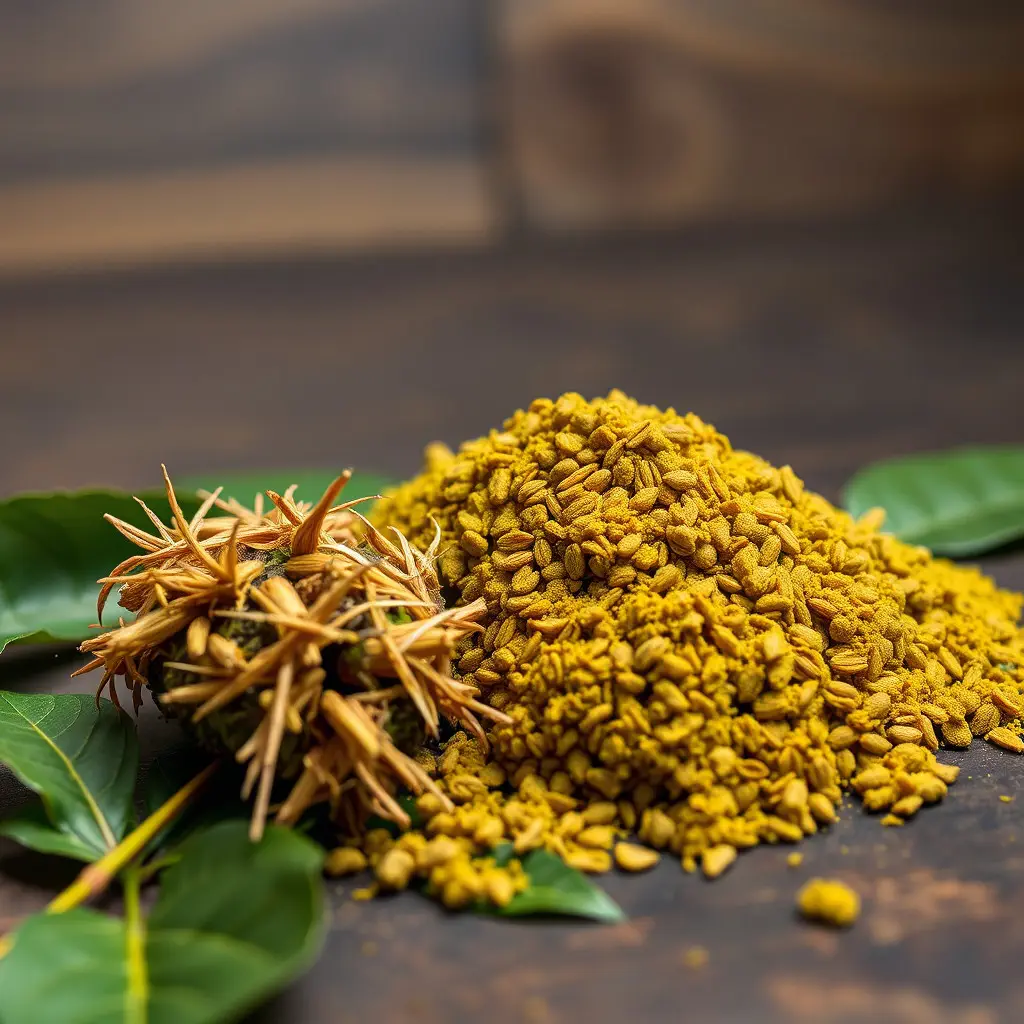2023 has been a year of legal uncertainty for Kratom in Indiana, with its status as a legal substance being subject to both state and federal regulations. The potential benefits of Kratom for opioid withdrawal relief are under debate, with some Indiana residents reporting subjective improvements in comfort and reduced cravings when using it as part of their recovery process. However, the efficacy and safety of Kratom remain contentious issues among healthcare professionals and policymakers, highlighting the importance of medical consultation before its use. The lack of standardized dosing and regulation raises concerns about its integration into treatment plans. As research continues to evolve, so does the understanding of Kratom's role in addiction recovery, emphasizing the need for evidence-based approaches and professional guidance. Indiana kratom users should be aware that its legal status varies by city and county due to the complex interplay between federal and local laws, with no explicit state-wide law criminalizing it as of yet. It is crucial for consumers to stay informed about these evolving regulations to ensure compliance and maintain access to Kratom products. For those considering Indiana kratom for opioid withdrawal, a personalized approach under professional healthcare supervision is recommended due to the variability in individual responses. This approach should ideally include monitoring and adjustment of dosage, with popular strains like Maeng Da and Bali being favored for their alkaloid profiles that may offer relief. It's important to remember that a comprehensive treatment plan incorporating behavioral therapies and support groups can enhance the effectiveness of kratom in promoting long-term recovery. Safety, legality, and staying updated on the latest research and guidelines are paramount when using Kratom in Indiana.
Kratom, a botanical derivative from Southeast Asia, has emerged as a topic of significant discussion among healthcare professionals and policymakers in Indiana, particularly for its potential role in mitigating opioid withdrawal symptoms. As the state continues to grapple with the opioid epidemic, understanding the implications of kratom use within this context is crucial. This article delves into the scientifically backed aspects of kratom’s effects, its legal status in Indiana, and practical dosage guidance for those seeking relief from opioid withdrawal. With a focus on Indiana’s unique position in the broader opioid crisis, we explore how kratom might offer an alternative pathway to recovery, highlighting the importance of informed decision-making and regulatory clarity.
- Understanding Kratom's Role in Mitigating Opioid Withdrawal Symptoms in Indiana
- The Legal Status of Kratom in Indiana and Its Availability
- Navigating Kratom Dosage for Opioid Withdrawal: A Guide for Indiana Residents
Understanding Kratom's Role in Mitigating Opioid Withdrawal Symptoms in Indiana

Kratom, a plant-based substance derived from the leaves of Mitragyna speciosa, has garnered attention in Indiana for its potential role in managing opioid withdrawal symptoms. As the opioid epidemic continues to impact communities across the state, individuals seeking relief from withdrawal often explore various alternatives. Kratom’s interactions with the opioid receptors in the brain can provide relief from withdrawal symptoms, such as anxiety, muscle aches, and insomnia, which are commonly experienced during detoxification. Indiana residents have reported subjective improvements in comfort and reduction in cravings when using kratom as part of their recovery strategy, although its efficacy and safety remain subjects of ongoing research and debate.
The use of kratom for opioid withdrawal is a complex issue, with varying perspectives among healthcare professionals and policymakers in Indiana. While some advocate for its potential benefits as a natural alternative to manage symptoms, others caution against its unregulated status and the lack of standardized dosing guidelines. It is crucial for individuals considering kratom as part of their treatment plan to consult with medical professionals who can provide guidance tailored to their unique health needs and circumstances. As the body of scientific evidence grows, so too does the understanding of how kratom may be utilized in a way that complements comprehensive addiction treatment programs within the state.
The Legal Status of Kratom in Indiana and Its Availability

In Indiana, the legal status of Kratom has been a subject of discussion and regulation. As of my knowledge cutoff in early 2023, Kratom is not explicitly illegal at the state level, but its legality is nuanced due to federal and local laws. The Indiana State legislature has not enacted specific state-wide legislation criminalizing Kratom outright, which contrasts with some other states that have taken a more stringent stance on its use. However, the Federal Drug Enforcement Administration (DEA) has classified Kratom as a Schedule I controlled substance, although this classification has faced legal challenges and has not been finalized as such at the federal level. This dichotomy in regulatory status can lead to confusion regarding its availability and legality, with local ordinances potentially varying across Indiana’s cities and counties. Consumers in Indiana seeking Kratom must navigate these legal complexities and are advised to stay informed about any changes in state or local laws. The availability of Kratom products in Indiana can be found in various forms, including capsules, powders, and teas, at specialty stores, head shops, and online retailers within the state. It is essential for potential users to be aware of the evolving legal landscape surrounding Kratom in Indiana to ensure compliance with current laws.
Navigating Kratom Dosage for Opioid Withdrawal: A Guide for Indiana Residents

Kratom, derived from the leaves of Mitragyna speciosa, has garnered attention as a potential aid for managing opioid withdrawal symptoms. Indiana residents exploring Kratom as an option during detox should approach its use with caution and informed guidance. The effective dosage of Kratom can vary significantly between individuals due to differences in tolerance, metabolism, and sensitivity. Indiana kratom dosage for withdrawal typically starts low to minimize risks and then gradually increases as the body adapts. It is crucial to monitor one’s response and adjust accordingly, or ideally under the supervision of a healthcare provider. Strains like Maeng Da or Bali are often favored for their alkaloid profiles, which may contribute to symptom relief during withdrawal. Indiana kratom users should also be aware of the legal status of Kratom in their state, as regulations can change and impact availability and use.
When considering Indiana kratom use for opioid withdrawal, it is imperative to have a clear understanding of the substance’s effects and potential side effects. The safest approach involves consulting with medical professionals who can provide personalized advice and monitor health outcomes. Kratom’s impact on withdrawal symptoms can be unpredictable; thus, a tailored dosage strategy that aligns with one’s unique physiology is essential for optimal results. Additionally, Indiana residents should consider complementing Kratom with a comprehensive treatment plan that may include behavioral therapies and support groups to foster long-term recovery. Always prioritize safety and legality when using Kratom, and stay informed about the latest research and guidelines specific to Indiana’s regulations on this substance.
In Indiana, individuals grappling with opioid withdrawal symptoms may find relief through the use of kratom, a botanical substance that has gained attention for its potential mitigating effects. The legal status of kratom in the state allows residents to explore this option responsibly. However, it is crucial to approach kratom dosage with caution and guidance from healthcare professionals. This article has outlined the role of kratom, its legal standing, and how to safely use it for opioid withdrawal, providing a comprehensive guide tailored for Indiana residents. As the discourse on kratom’s efficacy continues to evolve, it is clear that this plant-based remedy holds promise for those in need of relief from withdrawal symptoms. Future research will undoubtedly shed more light on its application and long-term impact, ensuring informed decision-making within the context of Indiana’s public health initiatives.






